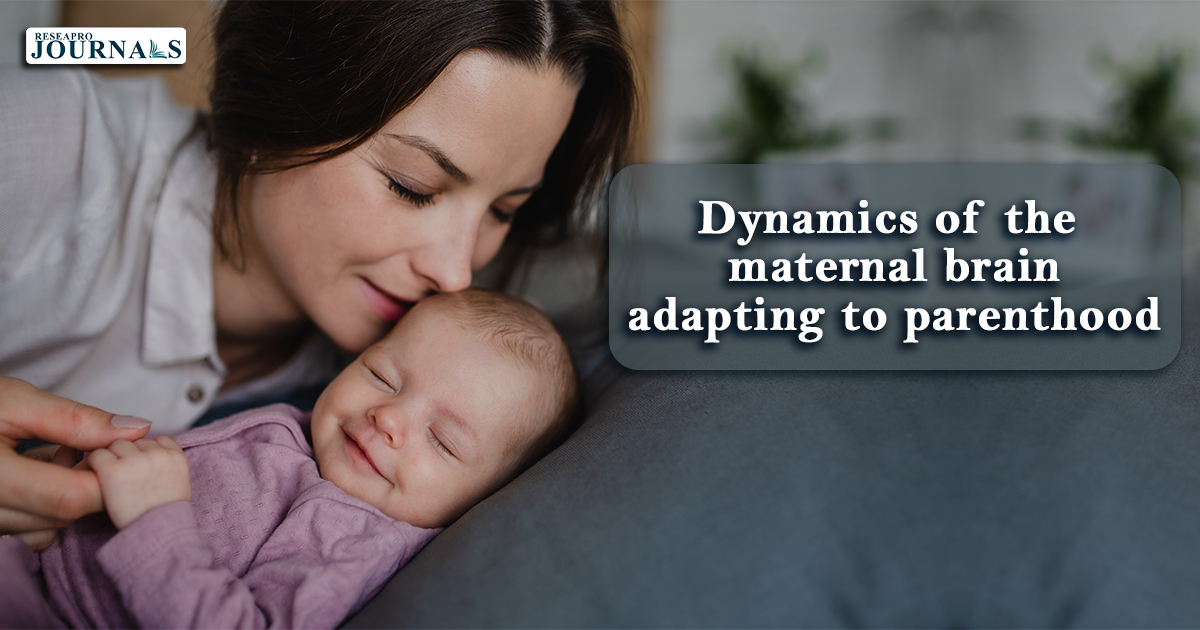The transition to motherhood represents a profound juncture, marked by intricate psychological and neurological shifts. For psychologists and neurobiologists, this period offers a captivating field of study. During pregnancy and the early postpartum phase, mothers undergo dynamic neural changes, integral for positive adaptation and the establishment of vital mother-infant bonds. Emerging research illuminates the remarkable neuroplasticity observed within maternal brains. Regions associated with empathy, emotional regulation, and social cognition undergo substantial alterations, endowing mothers with the cognitive and emotional capacities needed for proficient parenting. This plasticity forms the foundation for the development of sensitive maternal behaviors, nurturing secure attachment. Yet, this phase is not without its vulnerabilities. Stress and psychopathology can influence the maternal brain. Recognizing and addressing these factors is of paramount importance. Tailored interventions, including counseling and mindfulness techniques, hold significant potential for providing vital support. Embark on this journey of unraveling the intricate mechanisms behind maternal adaptation. Together, we deepen our understanding and enhance the well-being of mothers, paving the way for flourishing families. Delve further into the research for a comprehensive grasp of this pivotal phase.




